Local News

NASA Highlights Global Air Quality, Moon, El Nino at American Geophysical Union
NASA researchers will present new findings on a wide range of Earth and space science topics at the annual meeting of the American Geophysical Union Dec. 14-18 in San Francisco. NASA-related briefings will be carried live on the agency’s website ...
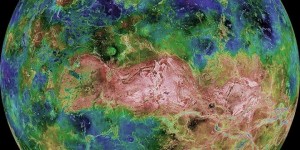
Plate tectonics thanks to plumes?
"Knowing what a chicken looks like and what all the chickens before it looked like doesn't help us to understand the egg," says Taras Gerya. The ETH Professor of Geophysics uses this metaphor to address plate tectonics and the early ...
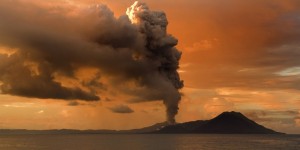
Climate change stirred ancient political turmoil
Climate change may have helped to alter the course of history. A period of extreme and unprecedented cooling in the northern hemisphere 1,500 years ago may have reduced the eastern Roman empire, set the stage for a famine and a devastating ...
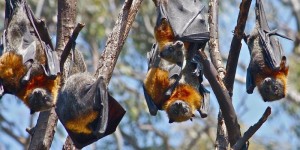
Warming adds to pressure on bats
Across the world, bats are in trouble from climate change – not only through collisions with the wind turbines that are intended to mitigate its effects, but from what the increasing warmth does to their ability to find their prey ...
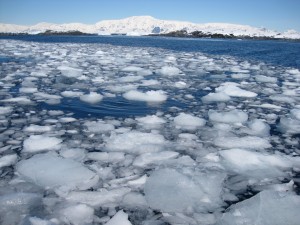
How Sea Ice Forms
Sea ice is formed from ocean water that freezes. Because the oceans consist of saltwater, this occurs at about minus 1.8 degrees Celsius (28.8 degrees Fahrenheit). Most Antarctic sea ice occurs annually, meaning it forms in the winter and melts during ...
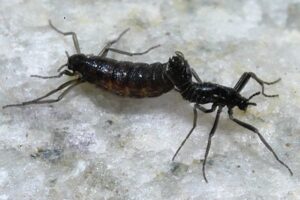
Antarctica’s Native Insect
Antarctica’s native insect, the Antarctic Midge is a flightless insect that can survive nine months frozen at temps of at least negative 15 degrees Celsius. It loses about 70% of its body fluids and can live for about a month ...
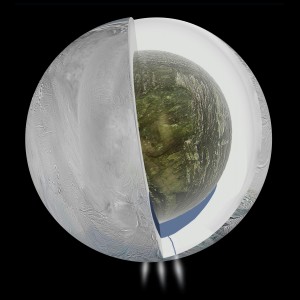
A Moon With Water
Astrobiologists searching the heavens for extraterrestrial life have a simple motto: “Follow the water, ”says The Washington Post. Water is an essential ingredient in all earthly biochemistry, so scientists believe it’s logical to look for life first on planets and ...
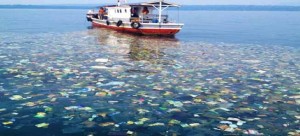
Plastic trash transforms the Pacific
The amount of plastic garbage in the North Pacific Ocean has risen a hundredfold since the 1970s, and the floating debris is now so abundant that marine life is adapting to its presence. Researchers from the Scripps Institution of Oceanography ...
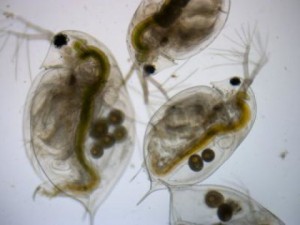
Predators key to helping prey evolve with climate change
The key to helping animals evolve quickly in response to climate change could actually be their predators, according to a new UBC study. The study is one of the first to show that species interactions, meaning the way species interact ...
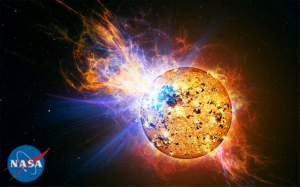
Solar storm blasts Earth
The largest solar storm since 2005 swept across the planet this week, forcing airlines to reroute flights and disrupting communications from global positioning satellites. This spontaneous blast of solar radiation may have affected power grids and high-frequency radio communications in ...
